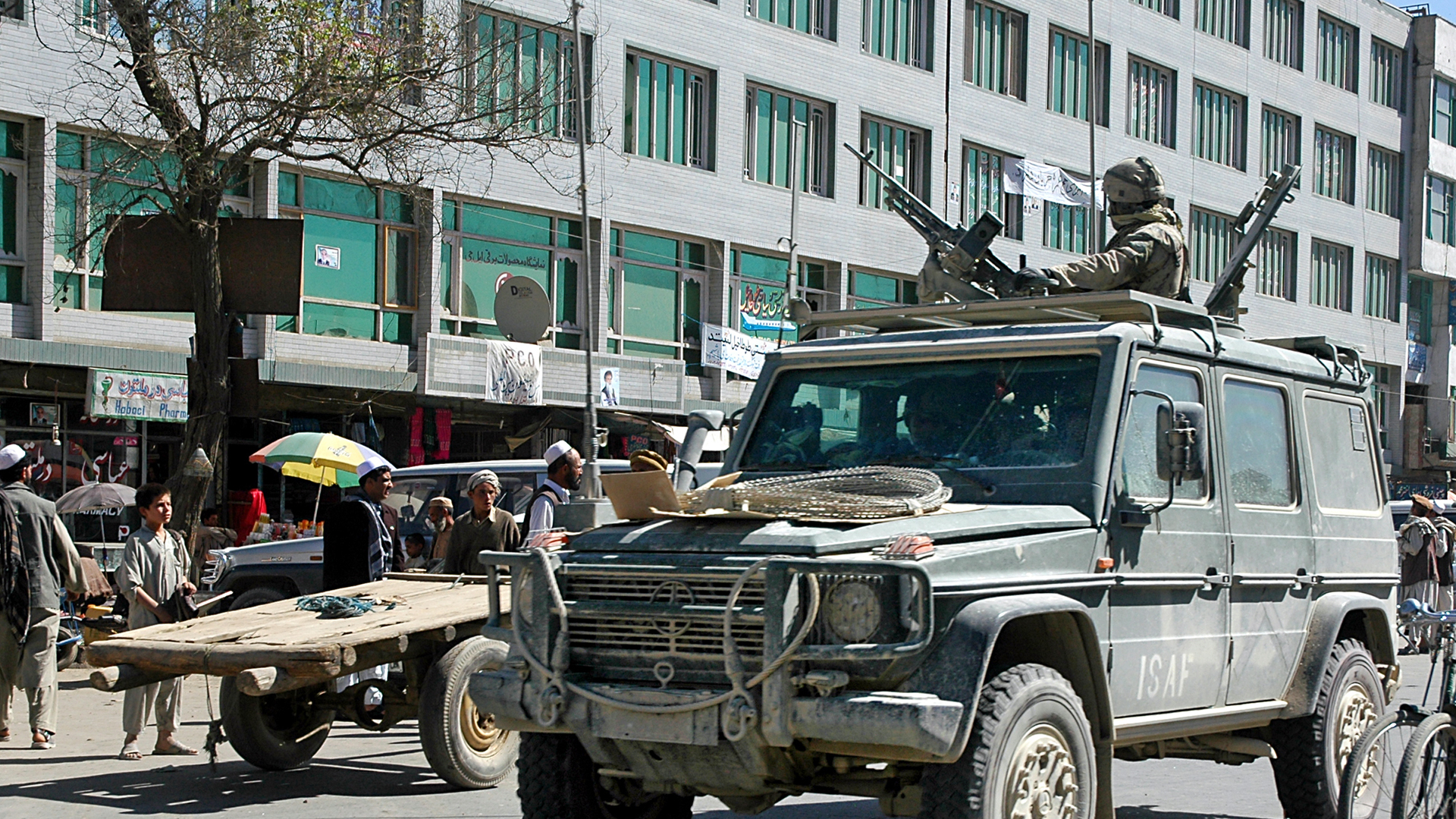
It was pathetic to watch the U.S. congressional hearings where three top American military commanders were shamed for losing the war in Afghanistan. It symbolized the hard fall of the 20-year-old policy aimed at overthrowing the Taliban regime and remaking the country as a democratic state. On both counts, the combined resources and forces of the U.S. and its NATO allies have failed to realize these policy objectives. Canada has yet to reckon with its role in Afghanistan.
The Afghan war and occupation cost Canada $18 billion and 158 causalities. American losses ran to more than US$2 trillion, and the deaths of 2,448 American service personnel and another 3,846 contractors. The loss of Afghan lives and property is almost incalculable. These losses are fueling much soul-searching, resulting in a flood of books, media commentaries, social media posts and TV panel discussions.
This article is not about Afghanistan nor any other policy issue. It is about a fundamental flaw in the policy-making process. Afghanistan is just an illustrative example. The congressional hearings were a part of the re-examination process of what went wrong. There is an underlying political agenda of finding someone to blame, whether it be Pakistan, the corruption of the Afghan government or partisan critiques of decisions made by various presidents from Bush to Biden. What is missing is a reassessment of the policy-making process.
The same can be said about other policy decisions, such as free trade and its promise of widespread prosperity. The commitment to globalization and the enthusiasm for chasing big markets for Western products among China’s fast-expanding middle class has also been shared by Canada. Until recently. the trade imbalance and the shift in manufacturing to China was explained away by the promise of selling services, technological superiority and agricultural goods to China.
Yet. the reality turned out to be different. America’s trade deficit in goods with China averaged more than US$300 billion a year between 2016 and 2020. Canada’s trade deficit with China has increased from $32.3 billion in 2013 to $51.3 billion in 2020. The U.S. midwestern industrial heartland has been devastated as many iconic American manufacturers moved to China and other countries in pursuit of cheap labour, in the process badly hurting once-thriving cities such as Detroit, Toledo, Akron and Cleveland, and leaving them with crumbling factories and abandoned neighbourhoods. In the COVID-19 pandemic, our dependence on China for essential goods turned out to be a burden.
A post-election to-do list for the Afghan crisis
The calculated measure of success of our mission to Afghanistan
Similar examples of policy assumptions and objectives proving to be ill-conceived are evident in both the U.S. and Canada in domestic policies involving housing, the environment, unemployment, social equity and climate change. In domestic policies, however, ideological justifications are often used to augment arguments about a dominant policy position.
There is a script that is followed in policy-making and implementation. This script may be called “the bandwagon effect,” and it is a significant part of the policy-making process and often the reason for the failure of objectives. It acts as a brake on critical thinking in the conception of policies.
The bandwagon effect is the coalescing of objectives, approaches and ideas into a dominant theme about a policy issue. It is consciously forged by discussions among political advisers, public officials and academic consultants to mobilize public opinion around a particular viewpoint and a course of action. It is taken up by the media, lobby groups and vested interests to form an echo chamber. Once a dominant theme and its associated set of objectives are formulated, it is pushed forward by political and administrative means.
Contrarian viewpoints are marginalized. They are not suppressed, as they are in authoritarian societies, but ignored. They are heard but not heeded. Bill Graham, Canada’s foreign minister in the Liberal government that joined the Afghan war in 2001, wrote in his memoir that some of the seeds of our disappointment should have been evident at the start. “We knew much less about Afghanistan and the politics of the region than we should have,” he writes.
The critical or dissenting assessments of dominant policy ideas are sidelined by labelling them as ideological and unrealistic. They circulate in publications and academic journals that are not in the mainstream, making them peripheral to the public discourse.
Thus forged, the dominant idea becomes a bandwagon on which most opinion leaders and decision-makers climb. It sweeps popular opinion and the public outlook, until its results fail to fulfil its promise. Then it is time for reassessment and recalling once-marginalized criticism. This is the script of the bandwagon effect in policy-making.
In the cases of Afghanistan and globalization, the bandwagon effect has contributed massively to unrealized objectives. The 9/11 attack on the U.S. called for a measured response in Afghanistan. What was done to Osama Bin Laden in 2011 could have been done in 2001-02. Instead, a narrative of attack on Afghanistan to oust the Taliban government was built up, despite many voices of caution raised both in Canada and abroad, including the Revolutionary Association of the Women in Afghanistan. Even the lessons of Vietnam about the fierce nationalist resistance that foreign interventions evoke were whisked aside. The objections of Afghan presidents Hamid Karzai and Ashraf Ghani to foreign forces’ night raids on people’s homes and the bombing of innocent civilians were overlooked. The policy-makers remained convinced they were using the correct approach until it failed.
A similar bandwagon effect grew up around the benefits of free trade and globalization, particularly focused on emerging markets in China. Terms such as “comparative advantage” and “just-in-time delivery” were deployed to make it attractive. The COVID-19 pandemic, the breakdown of just-in-time delivery and an increasing realization of the need to maintain national autonomy in the production of essential goods, combined with rising nationalism and climate challenges, have compounded the effects of the trade war with China initiated by former U.S. president Donald Trump. Yet, it must be pointed out that even in the early days, respectable economists were arguing for fair trade and considering the interests of national labour, including Nobel laureate and former senior vice-president of the World Bank Joseph Stiglitz in his book Making Globalization Work.
To counter the bandwagon effect, it is imperative that critical voices be given due weight in the policy-making process. This can be done only if the process of decision-making is reorganized by requiring decision-makers to include and provide evidence against contrary arguments. The public decision-making processes must be transparent and responsive to suggestions from different perspectives. Such processes need to be thoroughly redesigned.
Of course, presidents and prime ministers can always overrule policy suggestions. But in democratic societies, the process itself must be made more transparent and inclusive of critical or diverse ideas by requiring that policy-makers be held responsible for overlooking any contrary evidence.










